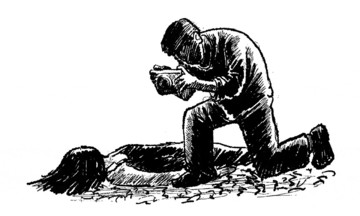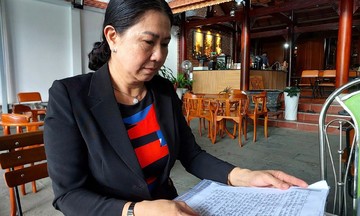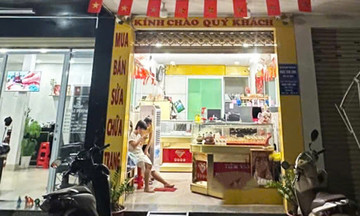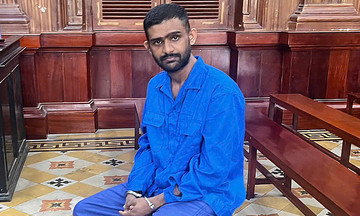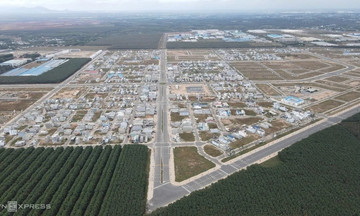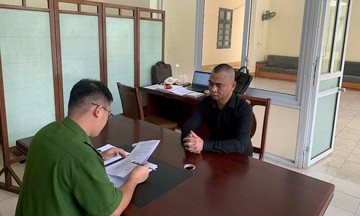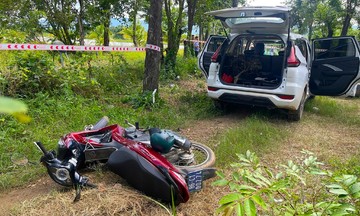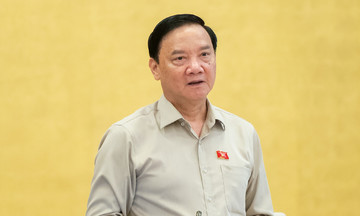On the morning of 5/9, the Standing Committee of the National Assembly discussed government reports on crime prevention and control, law enforcement, and anti-corruption efforts in 2025.
According to the 2025 government report, the investigation, prosecution, and trial of corruption cases have generally been conducted in accordance with the law. Several major corruption cases with serious consequences have been uncovered. Many officials, including some managed by the Politburo and the Secretariat, have been disciplined. The recovery of corrupt assets during the investigation phase has yielded very positive results.
However, the Committee on Judicial Affairs assessed that violations regarding transparency and publicity persist, and internal self-inspection for corruption has not seen positive changes. The quality and progress in resolving some corruption cases have not met requirements. The value of corrupt assets yet to be recovered remains substantial. "Corruption within anti-corruption agencies and negativity in administrative and public service sectors have not been addressed," the inspectorate pointed out.
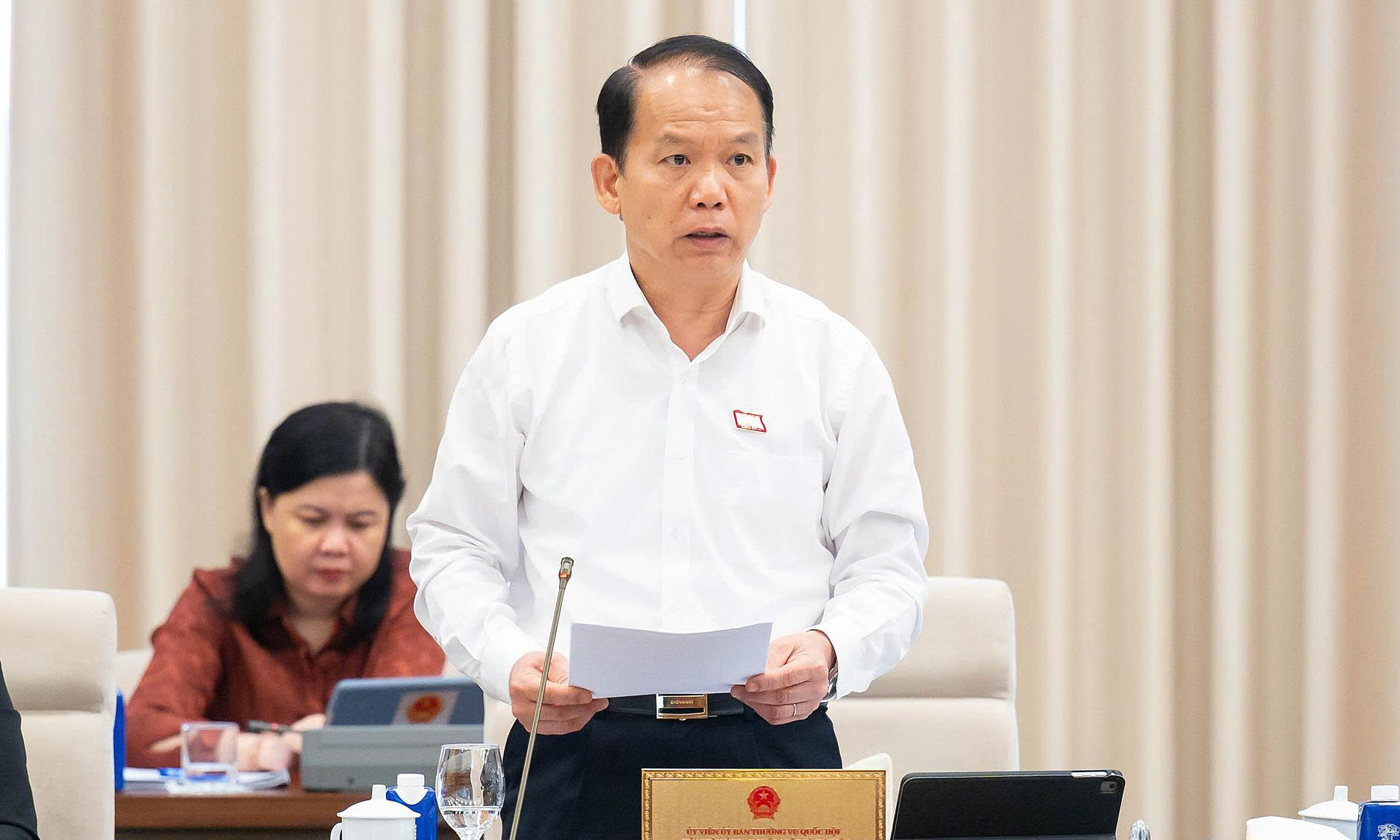 |
Chairman of the Committee on Judicial Affairs Hoang Thanh Tung. Photo: National Assembly Portal |
Chairman of the Committee on Judicial Affairs Hoang Thanh Tung. Photo: National Assembly Portal
The committee requested the government to clearly analyze how far the "threat" of corruption and waste to the regime's existence has been pushed back in order to accurately forecast the situation. At the same time, the government needs to summarize, fully evaluate the limitations and causes, and clearly identify new difficulties and challenges in anti-corruption work.
The Committee on Judicial Affairs also emphasized shifting the focus to prevention, proactively identifying and warning of violations early on, concentrating inspections on areas prone to corruption, and improving the quality of investigations and handling of major corruption cases.
Le Thi Nga, Deputy Chairwoman of the Committee on Citizen Petitions and Supervision, suggested that while preventive measures against corruption are being addressed, some limitations remain. Some preventive measures are not truly effective and are merely formalities. This situation has been raised for many years but has not been completely resolved.
"The results of detecting and handling corruption crimes show collusion between degenerate officials and businesses seeking illicit gains," she said.
She believes regulations on protecting those who fight against corruption, negativity, and waste should be institutionalized soon. Some documents directly related to anti-corruption work have been slow to be amended, such as the Law on Thrift Practice and Anti-Waste and the Law on Anti-Corruption. "We request the government to report and further assess the reasons for the delay in completing the institutionalization," she stated.
Through the supervisory activities of National Assembly agencies and feedback from voters, the Deputy Chairwoman of the Committee on Citizen Petitions and Supervision noted that some officials and public employees have developed the mindset of "doing more, making more mistakes," leading to a cautious and perfunctory work ethic. She requested that the government evaluate this situation and propose solutions to address the issue of cautiousness, passing the buck, avoidance, fear of mistakes, and reluctance to take action.
Government Inspector General Doan Hong Phong agreed that the completion of the institutional framework for combating corruption, waste, and negativity remains inadequate. In the coming period, the Government and the Prime Minister will strengthen their direction of ministries and branches to remove bottlenecks and institutional obstacles to unlock resources.
The Government Inspectorate is advising the Government to submit to the National Assembly a law amending and supplementing some articles of the Anti-Corruption Law to enhance the effectiveness of preventive measures such as transparency and publicity, and the application of science and digital transformation in the management and control of income and assets.
Son Ha



